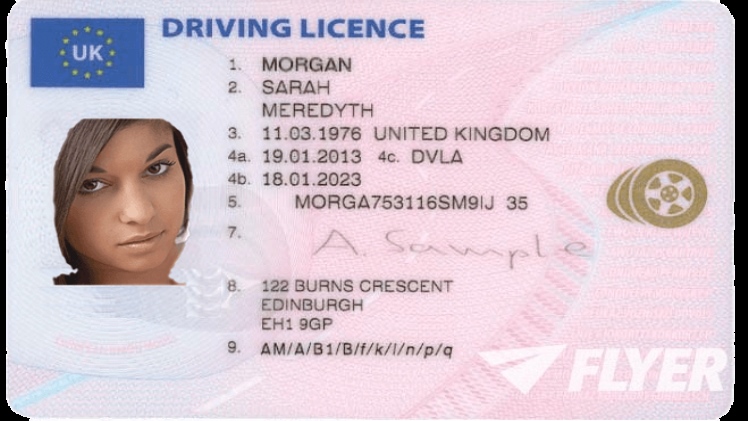Introduction
Your driver’s license is not just a ticket to freedom, but also a privilege that comes with responsibilities. Violating traffic laws can lead to the accumulation of points on your driving record, potentially jeopardizing your ability to operate a motor vehicle. In this article, we will explore the concept of driving points, how they are assessed, and the consequences of accumulating too many.
Understanding Driving Points
Driving points, also known as demerit points or penalty points, are a system implemented by most jurisdictions to encourage safe and responsible driving. The idea is simple: when a driver commits a traffic violation, they accrue points on their driving record. The severity of the offense typically determines the number of points assigned. These points serve as a measure of a driver’s risk and responsibility behind the wheel.
The Number of Points Varies by Offense
The number of points associated with each violation can vary widely from one jurisdiction to another, and sometimes even within the same jurisdiction. Some common traffic violations and their associated points may include:
Speeding: Depending on how much you exceed the speed limit, you may receive 2 to 6 points.
Running red lights or stop signs: This can lead to 3 to 4 points.
Reckless driving: Typically, this offense carries a higher penalty, with 4 to 6 points.
Following too closely (tailgating): You may receive 3 to 4 points.
Failing to yield: This violation often results in 2 to 3 points.
Using a mobile phone while driving: Distracted driving can cost you 3 to 5 points.
Driving under the influence (DUI): DUI offenses can lead to a substantial number of points, often resulting in a suspended or revoked license.
Consequences of Accumulating Points
Accumulating points on your license can lead to various consequences, including:
License suspension: When you reach a certain threshold of points, your license may be suspended for a specified period. The duration of the suspension can vary by jurisdiction and the number of points you’ve accumulated.
Higher insurance premiums: Insurance companies often use your driving record to determine your premium rates. More points can result in significantly higher premiums, as insurers view you as a higher-risk driver.
Restricted driving privileges: Some jurisdictions may allow drivers with a suspended or revoked license to drive only for specific purposes, such as work-related activities or medical appointments.
Mandatory traffic school: In some cases, you may be required to attend a defensive driving course to have points removed from your record.
Difficulty obtaining employment: Certain jobs that require driving may be off-limits to individuals with a poor driving record.
Legal penalties: Depending on your jurisdiction and the nature of your offenses, you may face fines, probation, or even jail time.
Steps to Reduce Points
If you’ve accumulated points on your license, there are steps you can take to reduce or eliminate them:
Defensive driving courses: Many states offer defensive driving courses that can help you remove points from your record. These courses are designed to teach safe driving practices and may be offered in person or online.
Safe driving period: Some jurisdictions allow drivers to earn a “safe driving period” in which points are reduced or eliminated if no further violations occur during a specific time frame.
Legal representation: Consult with an attorney if you believe you were unfairly ticketed or have questions about the legal aspects of your traffic violations.
Stay informed: Knowing the traffic laws in your jurisdiction and staying up-to-date with changes can help you avoid violations.
Conclusion
Understanding how many points you can get on your license is essential for responsible driving. While the specifics may differ from one jurisdiction to another, the concept remains the same: points are a means to encourage safe and responsible behavior on the road. Accumulating too many points can have serious consequences, including license suspension and increased insurance premiums. Therefore, it’s in your best interest to drive safely, obey traffic laws, and take steps to reduce or eliminate points if you’ve already accrued them. Remember, your driver’s license is a privilege that should not be taken lightly, and responsible driving benefits not only you but also everyone on the road.

